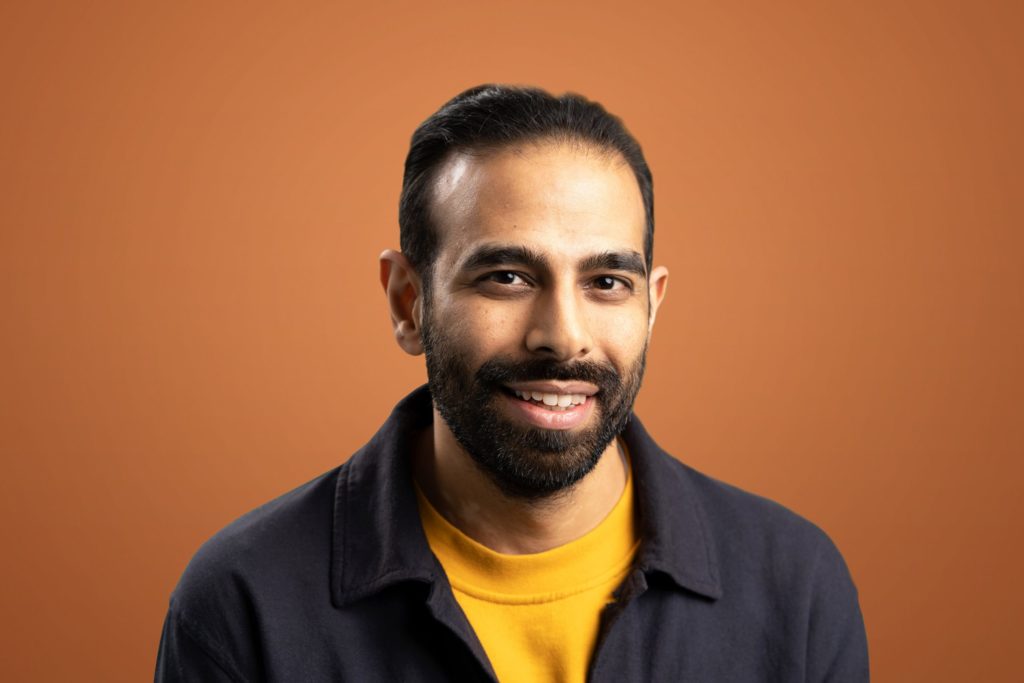By Zoheb Raza, Social media Director, isobel
Over a relatively short period of time, TikTok has grown to become a key social media platform around the world. In the UK it has 17 million users, 165 million users in the US and the app has been downloaded 2 billion times globally. It’s huge. Its simplicity, potent creative tools and content surfacing algorithm all contribute to 6.7 million TikTok videos being viewed every 60 seconds.
But why is TikTok so distinctive and so successful? And why has an app that is predominantly used by Gen-Z and Millennials to create 15 second videos so enraged the man in the White House?
The first question is easy to answer, TikTok is distinctive because it has a relentless focus on content. The platform and algorithm are designed to reward content above everything else and it’s pushing meme culture to new heights and giving Gen-Z a place to be themselves.
When you open the app, the interaction is immediate. No sign up, no tutorial – you’re straight into the content. New trends, memes, and challenges – a new dance, a new challenge, a new prank. It’s all right there.
TikTok is the most creative place on the internet right now and a large part of the creativity stems from ‘remixing’, where users shoot a new video to recontextualise audio pulled from someone else’s clip, or riff on an existing meme or concept. It’s a positive place that teenagers can ‘own’, get creative and have some fun.
So why is the most powerful figure in the western world forcing a Chinese owned social network full of US teenagers to be sold, probably to Microsoft?
The truth (I think) lies between distraction, security and retaliation against smart TikTok teens.
The distraction part you know about – classic Trump tactics to deflect from his administration’s catastrophic handling of the Coronavirus and record unemployment.
Chinese government concerns
On security, the concern is about the Chinese Government (via TikTok) potentially stealing US data: obviously a major concern if true but there is very little credible evidence to this effect. The theories all revolve around where TikTok stores its data, and if it’s sending this data to the Chinese government but It‘s actually no more a concern than any other data-harvesting app on your phone.
TikTok has repeatedly said that the Chinese Communist Party wields no influence over its operations and that it stores its data in the US and that none of it is subject to Chinese law. Having said that, TikTok’s Privacy Policy does state that it may share user data with a “parent, subsidiary, or other affiliate of our corporate group.”
So what about those smart Tik Tok teens?
However you dress it up – it looks a lot like retaliation. Retaliation against the TikTok teens who conspired to make Trump look like a fool at his ill-timed, ill-conceived (and now infamous) Oklahoma Rally.
The rally was a big, big deal for the President – the first in a Covid-19 climate and with an election only 6 months away – but for those critical of Trump’s history of race-baiting, the rally was an outrage in both time and place. Not only was it held on a holiday commemorating the emancipation of slaves, but Tulsa remains notorious as the site of one of America’s worst moments of racist violence.
The Trump campaign team repeatedly boasted about the massive number of RSVPs it had received, reportedly numbering more than one million but the actual turnout? 6,200. Ouch.
So why the huge disparity? Misplaced hubris or something more tactical?
Well, TikTok teens from around the world, who have grown up with algorithms, assembled on TikTok to spread simple 15 second videos explaining that if you add tickets to your cart on the Trump campaign website and leave them sitting there, you’re inflating the number of RSVPs.
Simple, smart and hugely effective.
Interestingly Trump’s first TikTok threat came on July 31st – just over a month after his Oklahoma campaign rally.
And worryingly for Trump, this powerful TikTok army has now turned its attention to the Trump 2020 campaign app – a big part of the president’s digital operation and pivotal to his re-election strategy.
The TikTok army are downloading the campaign app in order to give it a 1-star rating and a negative review, sending it plummeting down the charts and possibly getting it kicked off the app store altogether. YouTubers are monetising their videos and donating the ad revenue to anti-racist causes and they even played loud Disney music while far-right Infowars correspondent Kaitlin Bennett attempted to interview protesters – ensuring Disney’s notorious litigiousness would kick in, rendering the footage unusable.
I doubt we’ll ever know the real truth behind the Trump vs TikTok battle. I suspect it really is a case of retaliation. Either way – it’s a fascinating battle between Trump, China and the TikTok Teens. And whether it ultimately fizzles out, ends up in a sale, a court case or the start of an actual war I know who my money’s on.
I’m backing the TikTok teens every time.









